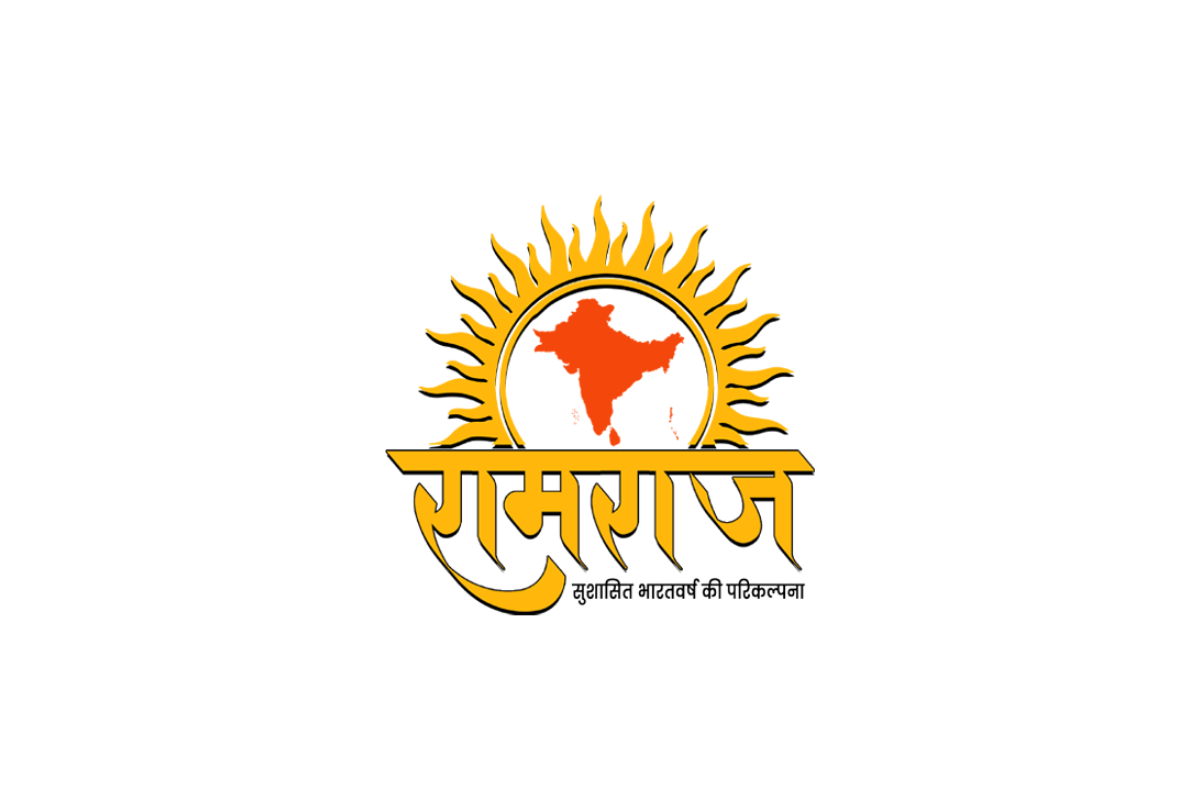The survey, conducted by the Forum of Enterprises for Equitable Development (FEED) in collaboration with the Development Intelligence Unit (DIU), included 6,615 farmers across 21 states.
The findings reveal that the primary causes of crop damage were drought (41 per cent), irregular rainfall including excessive or non-seasonal rains (32 per cent), and early withdrawal or late arrival of the monsoons (24 per cent).
According to the report, nearly 43 per cent of the surveyed farmers lost at least half of their standing crops.
Rice, vegetables, and pulses were particularly affected by uneven rainfall. In the northern states, paddy fields often remain submerged for more than a week, destroying newly planted seedlings.
Conversely, scant rainfall has delayed the planting of various crops such as rice, corn, cotton, soybeans, groundnuts, and pulses in states like Maharashtra, Telangana, Andhra Pradesh, Chhattisgarh, Bihar, and West Bengal.






